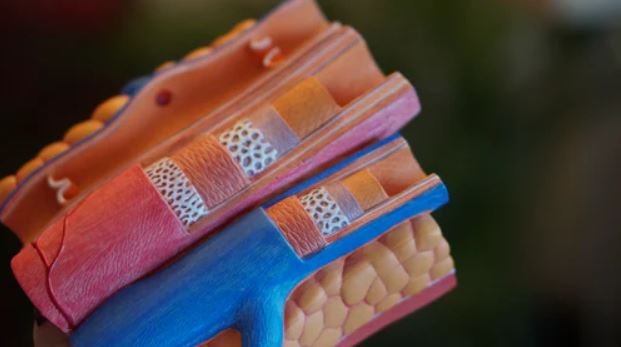Overview Of LDL Cholesterol
Cholesterol is a waxy, fat-like substance that’s found in all the cells in your body. Your body needs some cholesterol to make hormones, vitamin D, and substances that help you digest foods. Your body makes all the cholesterol it needs. Cholesterol is also found in foods from animal sources, such as egg yolks, meat, and cheese. If you have too much LDL cholesterol in your blood, it can combine with other substances in the blood to form plaque. Plaque sticks to the walls of your arteries. This buildup of plaque is known as atherosclerosis. It can lead to coronary artery disease, where your coronary arteries become narrow or even blocked.
HDL, LDL, and VLDL are lipoproteins. They are a combination of fat (lipid) and protein. The lipids need to be attached to the proteins so they can move through the blood.
Different types of lipoproteins have different purposes:
- HDL stands for high-density lipoprotein. It is sometimes called “good” cholesterol because it carries cholesterol from other parts of your body back to your liver. Your liver then removes the cholesterol from your body.
- LDL stands for low-density lipoprotein. It is sometimes called “bad” cholesterol because a high LDL level leads to the buildup of plaque in your arteries.
- VLDL stands for very low-density lipoprotein. Some people also call VLDL “bad” cholesterol because it too contributes to the buildup of plaque in your arteries. But VLDL and LDL are different; VLDL mainly carries triglycerides and LDL mainly carries cholesterol.
Causes Of LDL Cholesterol
The most common cause of high cholesterol is an unhealthy lifestyle.
This can include:
- Unhealthy eating habits, such as eating lots of bad fats. One type, saturated fat, is found in some meats, dairy products, chocolate, baked goods, and deep-fried and processed foods. Another type, trans fat, is in some fried and processed foods. Eating these fats can raise your LDL (bad) cholesterol.
- Lack of physical activity, with lots of sitting and little exercise. This lowers your HDL (good) cholesterol.
- Smoking, which lowers HDL cholesterol, especially in women. It also raises your LDL cholesterol.
- Genetics may also cause people to have high cholesterol. For example, familial hypercholesterolemia (FH) is an inherited form of high cholesterol. Other medical conditions and certain medicines may also cause high cholesterol.
Exams & Tests
There are usually no signs or symptoms that you have high LDL cholesterol. There is a blood test to measure your cholesterol level. When and how often you should get this test depends on your age, risk factors, and family history.
The general recommendations are:
For people who are age 19 or younger:
- The first test should be between ages 9 to 11
- Children should have the test again every 5 years
- Some children may have this test starting at age 2 if there is a family history of high LDL cholesterol, heart attack, or stroke
For people who are age 20 or older:
- Younger adults should have the test every 5 years
- Men ages 45 to 65 and women ages 55 to 65 should have it every 1 to 2 years



